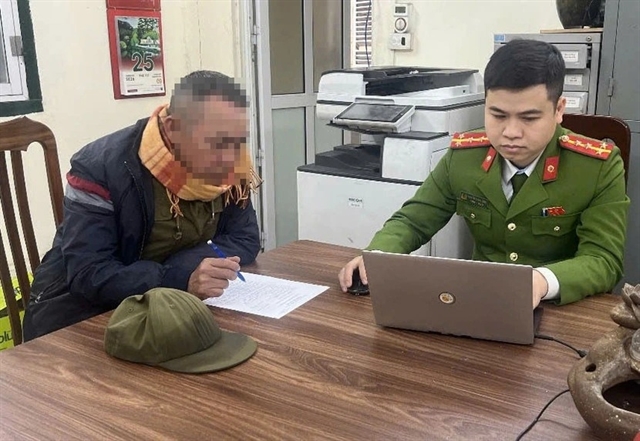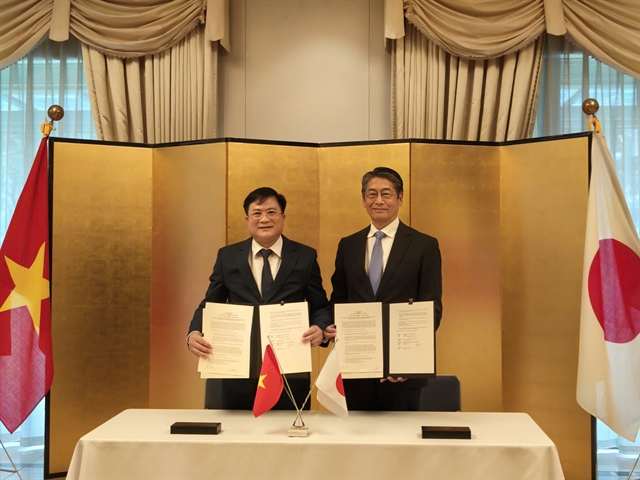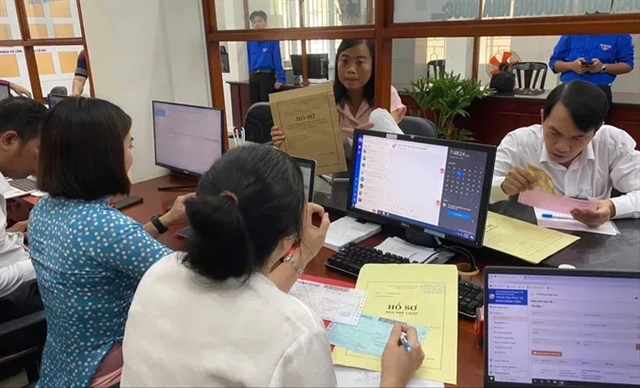.jfif) Environment
Environment
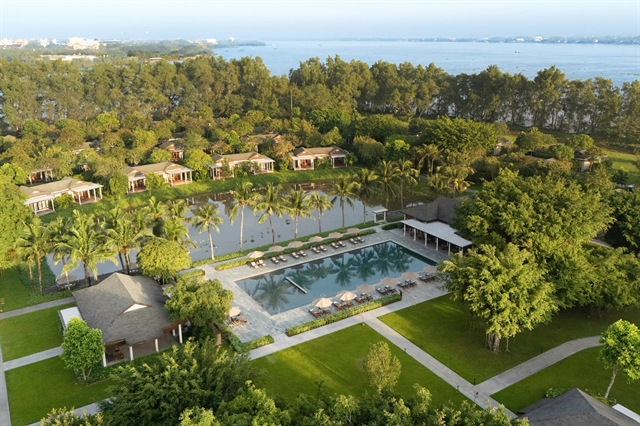
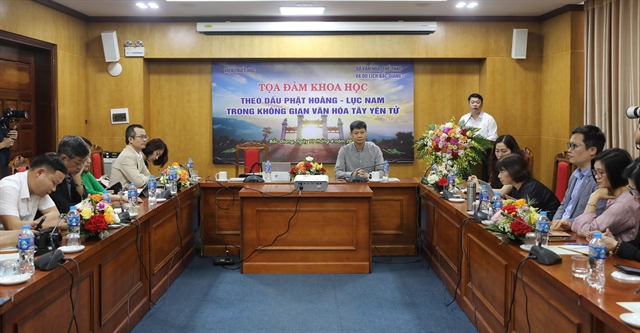 |
| The 'Follow the Footsteps of Buddha Emperor - Lục Nam in the Cultural Space of Tây Yên Tử' seminar held in Bắc Giang. — VNA/VNS Photo |
Bắc Giang — A scientific seminar on one Việt Nam's most ancients lands discussed how important it was in terms of the politics and spirituality of the country and how it should inspire further study.
Under the banner 'Follow the Footsteps of Buddha Emperor - Lục Nam in the Cultural Space of Tây Yên Tử' academics and representatives of the Department of Culture discussed the importance of what had formally known Kinh Bắc Land.
Held in Bắc Giang, the seminar was organised by the Institute of Philosophy under the Việt Nam Academy of Social Sciences, in collaboration with the Department of Culture, Sports and Tourism of Bắc Giang Province.
According a report quoted by Associate Professor, Dr. Nguyễn Tài Đông, Director of the Institute of Philosophy, the ancient land of Lục Nam District (formerly Kinh Bắc Land), is a geo-ecological area. This land is located in the northwest of the Yên Tử range, with a series of Buddhist relics from the Trần - early Lê dynasties such as Am Vãi Pagoda, Bát Nhã Pagoda and Khám Lạng Pagoda.
Đông hopes that through the seminar, research directions, implementation plans and multi-dimensional perspectives on the geography, history and culture of Lục Nam can be found and a database about Lục Nam (including Hán - Nôm (Chinese script - Vietnamese ideographic script) documents, ancient maps, archaeological documents and investigation documents on customs and religious practices) can be built.
At the conference, delegates discussed and proposed research orientations, implementation plans and multi-dimensional perspectives on the geography, history and culture of the Lục Nam region.
Dr. Trần Anh Dũng, from the Việt Nam Archaeological Association, said that there are 187 Buddhist relics in Bắc Giang, Tây Yên Tử, while Lục Nam District has 74 relics. Dũng suggested systematising the documentation of the Trúc Lâm Tây Yên Tử pagoda system in Bắc Giang Province to evaluate its historical and cultural value, as well as researching the similarities and differences of Trúc Lâm Tây Yên Tử with other Trúc Lâm systems in Việt Nam.
Dr. Nguyễn Anh Thư, from the Department of Cultural Heritage at Hà Nội University of Culture, stated that the Yên Tử mountain range was one of the most important political, socio-economic and spiritual cultural centres of ancient Đại Việt. During the Trần Dynasty, Vĩnh Nghiêm Pagoda in Bắc Giang was the abbot of three patriarchs of the Trúc Lâm Zen Sect, the headquarters of the Trúc Lâm Buddhist Church and the first monk and nun training school in Việt Nam.
Thư emphasised the need to promote archaeological planning in the Tây Yên Tử region and to map the distribution of archaeological relics of the Lý – Trần dynasties in Bắc Giang to preserve and promote the value of monuments.
Concluding the seminar, the Deputy Director of the Department of Culture, Sports and Tourism of Bắc Giang Province, Đỗ Tuấn Khoa, affirmed that the opinions of researchers, experts, and managers at the discussion were valuable contributions, which help to clarify historical issues across Lục Nam and Tây Yên Tử lands. VNS


